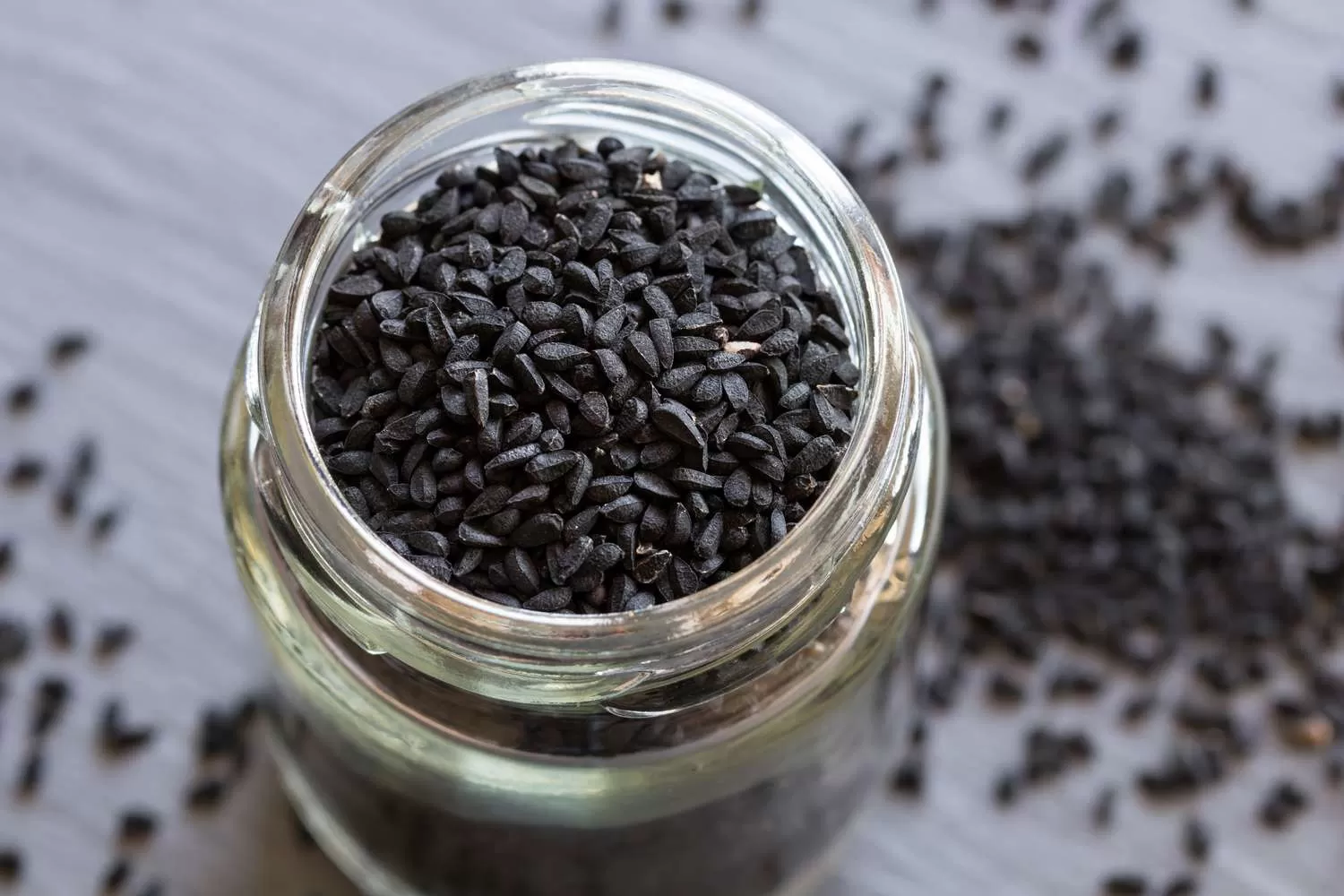- 0086-571-85302990
- sales@greenskybio.com
Apple Cider Vinegar: Benefits, Risks, and Safe Consumption Guidelines
2025-03-27
Apple cider vinegar (ACV) has gained popularity for its potential health benefits, especially when consumed in moderation. Research suggests that diluting one tablespoon of ACV in eight ounces of water may support digestion, assist with weight management, regulate blood sugar levels, and even enhance skin health. However, excessive consumption or improper use of ACV can lead to negative effects, emphasizing the need for responsible intake.
Potential Health Benefits of Apple Cider Vinegar
A 2016 study found that consuming one tablespoon (15 milliliters) of ACV daily can offer measurable health benefits. These include:
Improved digestion: The acetic acid in ACV can help improve digestion and promote a balanced gut environment.
Weight management: ACV may increase satiety, leading to reduced calorie consumption.
Blood sugar control: Studies suggest ACV improves insulin sensitivity and aids in managing blood sugar levels.
Antimicrobial properties: ACV exhibits antimicrobial effects that may help combat harmful bacteria.
Heart health: Early research indicates ACV may help reduce cholesterol and triglyceride levels in the blood.
Skin care benefits: When diluted and applied topically, ACV may balance skin pH and alleviate acne.
For best results, ACV is often consumed before or during meals, as timing can affect its impact.
Safe Consumption Practices
To ensure safe usage, ACV should always be diluted in water—one tablespoon mixed with eight ounces is the recommended ratio. Consuming undiluted ACV can cause tooth enamel erosion, throat irritation, or digestive discomfort. Professionals also advise limiting daily intake to a maximum of two tablespoons (30 milliliters) to prevent negative effects. Additionally, ACV is safe to incorporate into recipes, such as marinades, salad dressings, and pickling, for added flavor.
Risks and Medication Interactions
While generally safe in small quantities, ACV may pose risks for some, particularly due to its interaction with certain medications.
Drug interactions include:
Insulin: Both insulin and ACV can lower potassium levels, which are essential for heart, nerve, and muscle function.
Digoxin: ACV’s potassium-lowering effect can amplify the side effects of this heart medication.
Diuretic drugs: Combining diuretics with ACV may dangerously decrease potassium levels.
Antidiabetic medications: ACV and antidiabetic drugs both lower blood sugar levels, increasing the risk of unsafe glucose levels.
Additional side effects of ACV include tooth enamel erosion, esophageal irritation, and stomach discomfort. Individuals with kidney conditions may also struggle to handle the vinegar’s high acid content and should consult their doctor before use.
Importance of Consulting a Healthcare Provider
As a dietary supplement, ACV is not regulated by the Food and Drug Administration (FDA) and should not replace any prescribed medication or serve as a cure for medical conditions. Before adding ACV to a daily routine, it is critical to speak with a healthcare provider to assess its safety, particularly for individuals with preexisting conditions or those taking specific medications.
Summary
Apple cider vinegar has been studied for its potential health benefits, including improved digestion and blood sugar regulation. However, its safe use relies on proper dilution, moderate consumption, and medical consultation. While ACV may offer advantages to certain individuals, awareness of its risks—especially interactions with medications—is essential. Always consult with a healthcare professional before incorporating ACV into your regimen.















